
The National Improvement Network Collaborative (NINCo) plays a pivotal role in enhancing Quality Improvement (QI) capability within Primary Health Networks (PHNs).
Based on the NINCo work plan for 2022-2025, training programs have been designed in collaboration with Prestantia Health and the Institute of Healthcare Improvement (IHI). This teamwork aims to lead the way in developing a unified approach to QI across the PHN network.
The key objective of the Quality Improvement capability building program is to support the development of a national approach to general practice quality improvement. The initiative seeks to redefine perceptions of QI, emphasising its innovative value by seamlessly incorporating it into the core business. This approach is geared towards improving general practice productivity and elevating the quality of care provided to patients.
As part of this initiative, NINCo has launched three impactful learning programs:
These programs are designed to equip PHN staff with essential QI methodologies, advancing a culture of continuous improvement within their practices.
To ensure the fidelity of QI language and methodology, but also the sustainability and long-term impact of the project, the educational programs are hosted on NINCo’s Learning Management System (LMS).
NINCo empowers Primary Health Networks (PHNs) with the knowledge, tools, and resources to drive meaningful change, strengthen quality improvement (QI) capability, and enhance patient outcomes across the network.
Our focus is on supporting QI initiatives, providing evidence-based resources, and building a strong foundation for continuous improvement in general practice and PHNs alike.
Join us in advancing quality care and transforming healthcare outcomes nationwide.

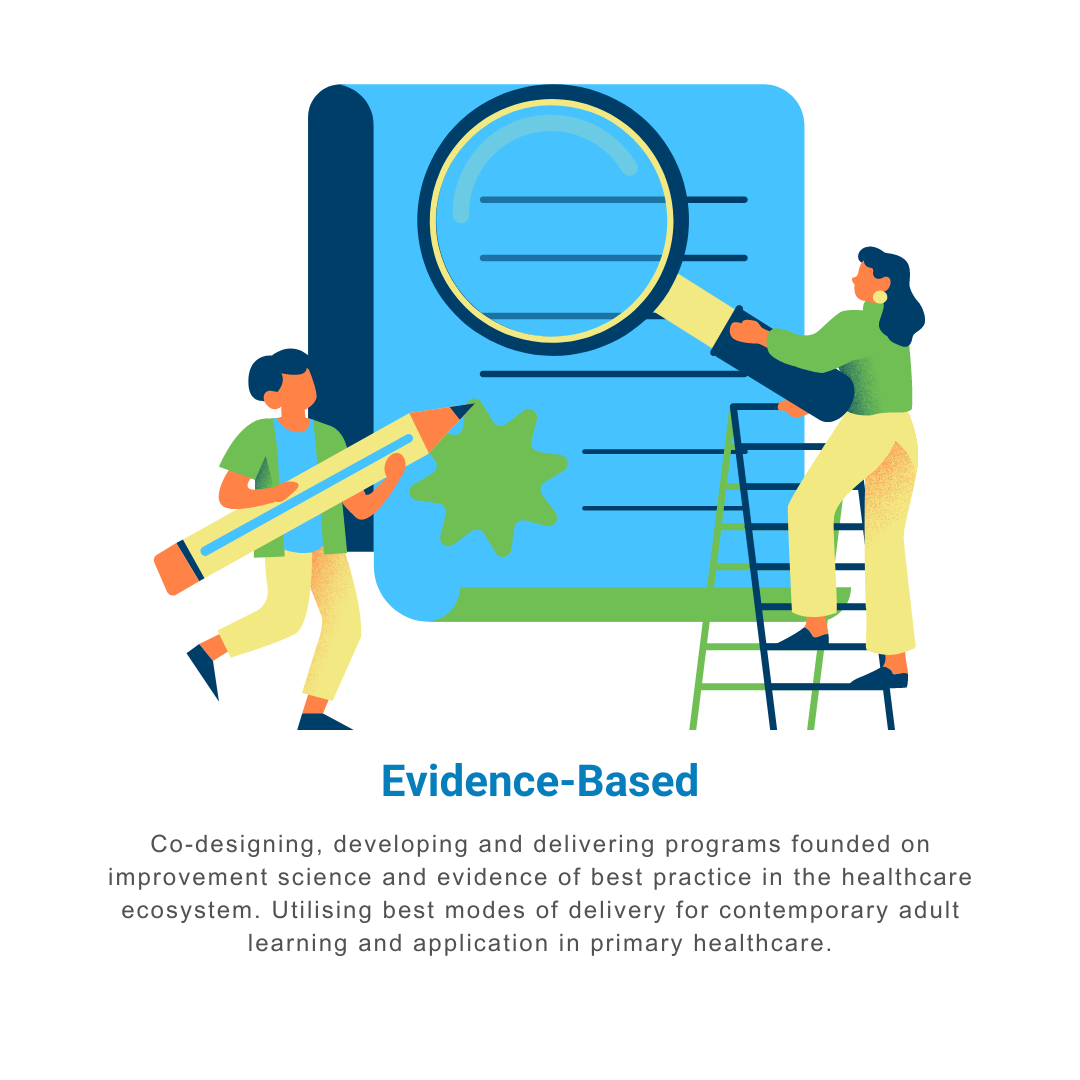
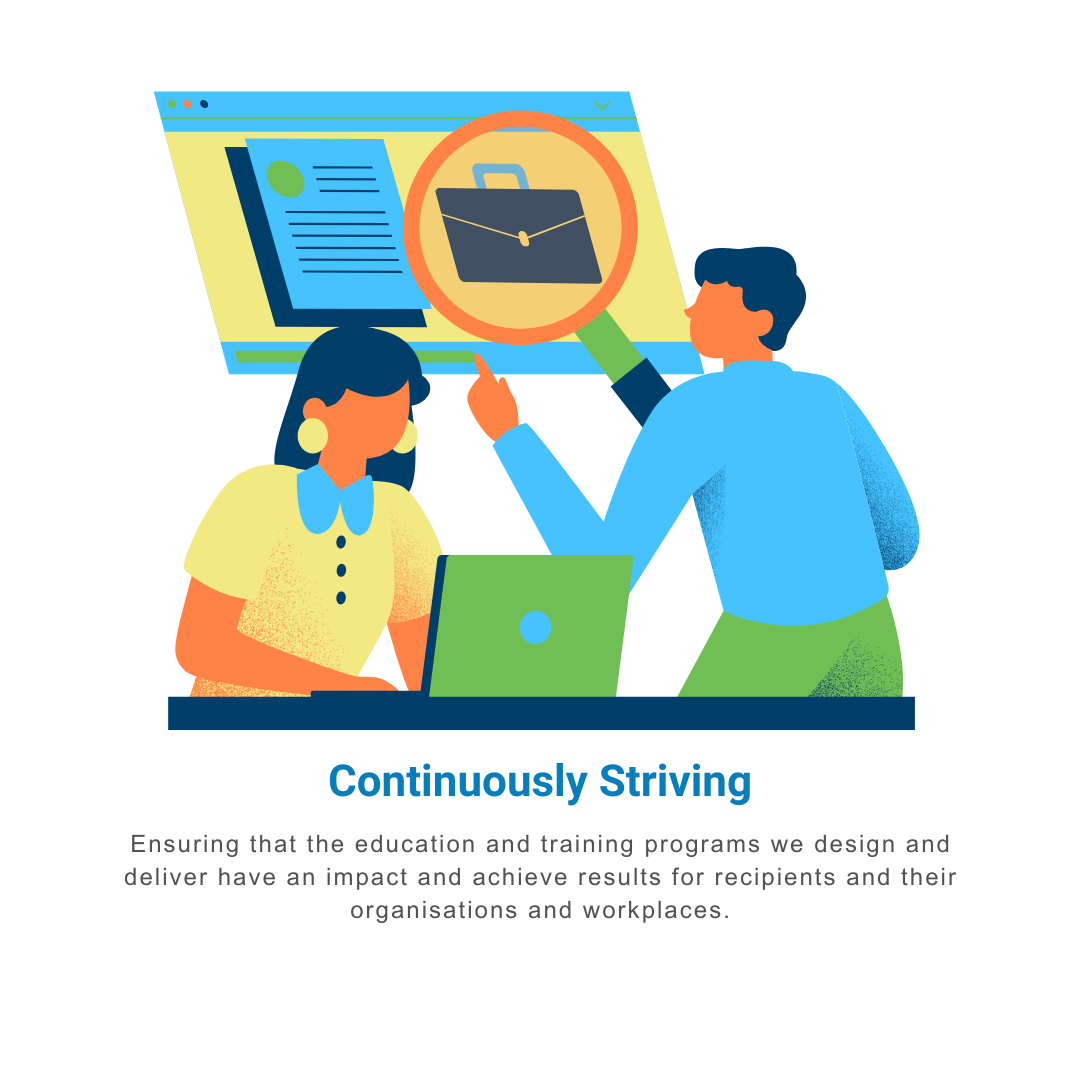
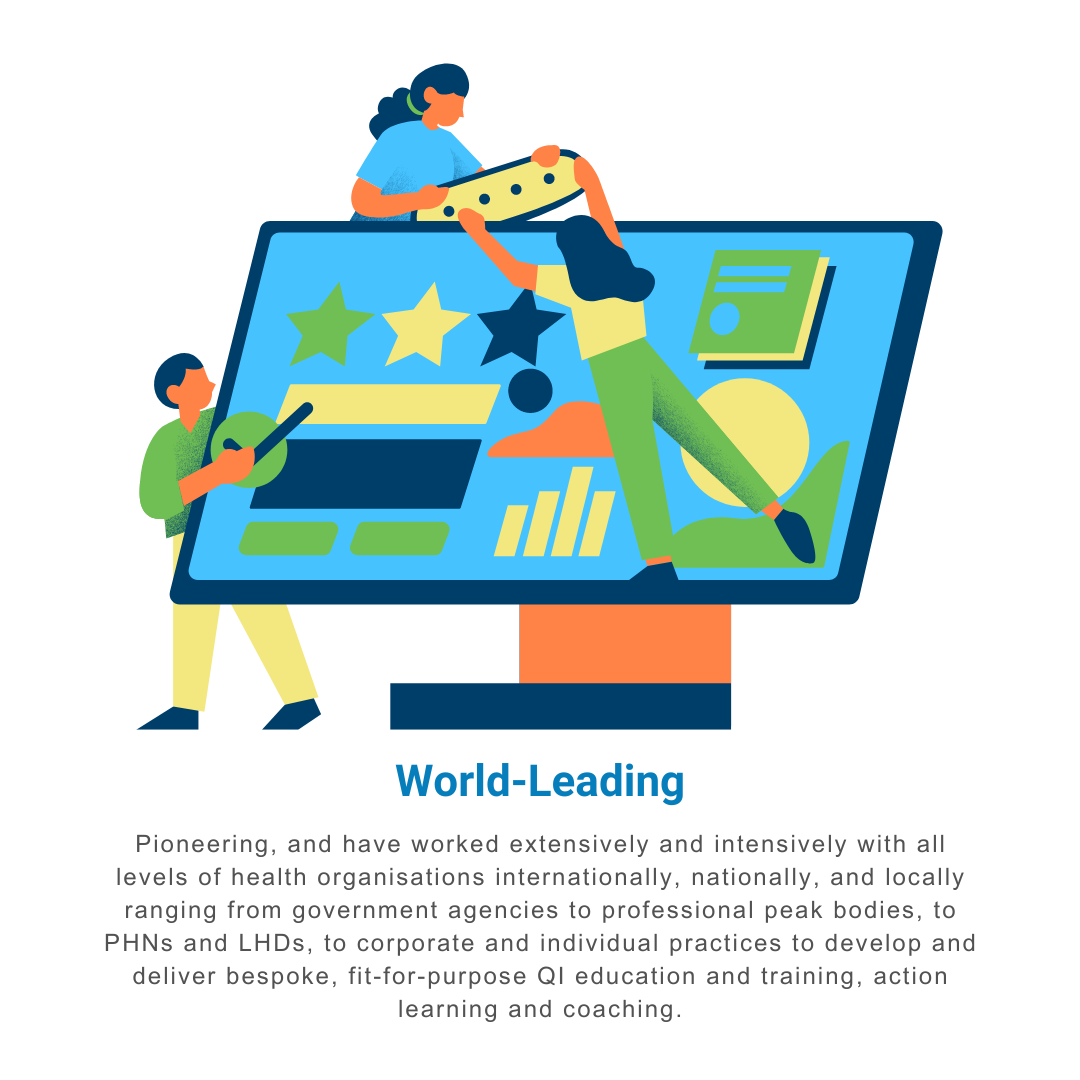
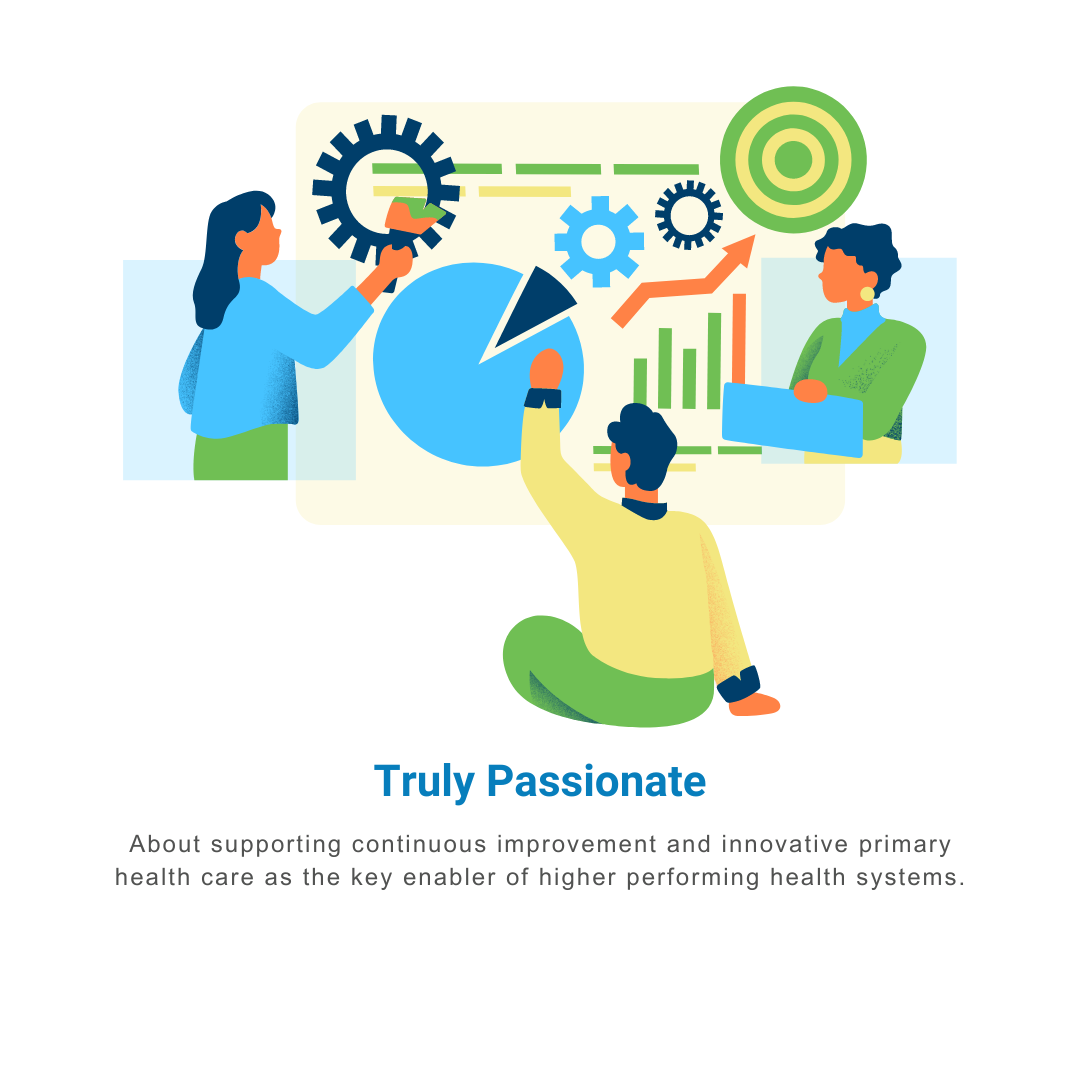
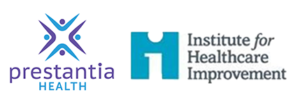
To successfully drive improvement in primary care, it is crucial to have a clear vision that encourages commitment and ensures access to resources across the sector. The strategy calls for widespread communication, a universal language for modern primary care, and a transformation of QI perceptions. The main goals include offering quality-assured resources, advocating for the cause, and creating a foundation for QI within internal Primary Health Networks (PHN) and general practice audiences.
A foundational learning program Peak Practice: Elevating Healthcare Improvement QI 101 by Prestantia Health has been developed as a key initiative to achieve the goals. This program will focus on QI methodology, articulating the value proposition, and exploring real-practice case studies. The aim is to equip the workforce with a universal understanding of QI terminology and methodologies. The project seeks to provide a general overview of quality improvement in the context of primary healthcare.
To facilitate learning, an asset map and co-designed curriculum have been developed, providing a comprehensive understanding of QI, along with standard templates for a four-hour basic QI skills course. These resources are seamlessly integrated into our Learning Management System (LMS), ensuring accessibility for PHN staff and general practices. The intention is to establish a robust and ongoing legacy program, serving as a universal foundation for learning across the board.
Upon completion of the QI 101 modules, participants gain a thorough understanding of Quality Improvement. They acquire the skills to articulate the benefits of QI, employ key improvement methods, identify factors that support successful initiatives, confidently use QI language, share insights through case studies, wisely apply essential QI tools, and assess areas for improvement. This knowledge empowers them to actively contribute to QI efforts, promoting a culture of continuous improvement in their professional domains.
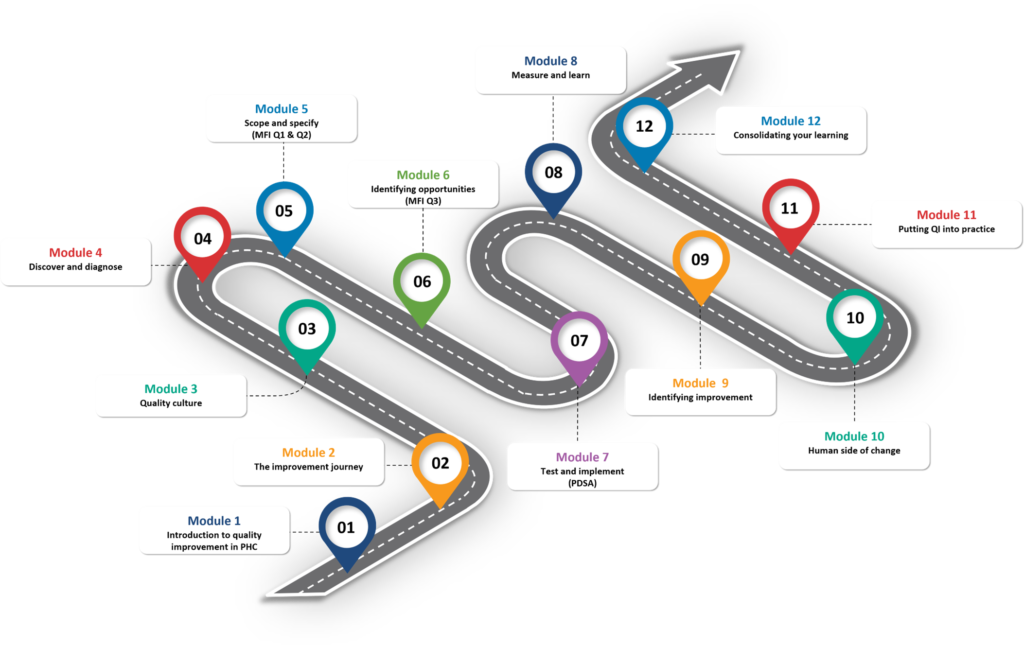
Twelve short learning modules (15 – 20 minutes long) will be developed and released on a rolling basis. Informed by feedback from PHN staff and co-design activities undertaken with NINCo members, the learning journey will encompass:
The participants will receive a certificate at the end of the four-hour course which can be used to showcase their induction / professional development plan.
Join us on this transformative journey towards elevating healthcare quality and driving meaningful change in primary care settings.
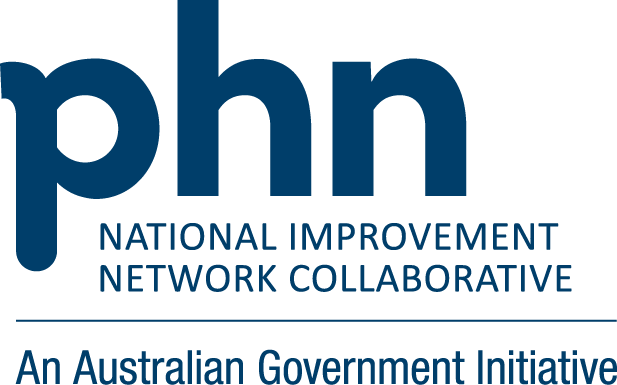

QI102 takes you from learning to leading QI.
Embedding a culture of quality improvement (QI) in primary care requires moving beyond foundational learning to practical application that delivers measurable results. QI 102 – intermediate level program builds on the universal language and core methods introduced in QI 101 to help participants apply QI in real-world primary care settings.
Participants will:
• Strengthen their skills and confidence in applying QI tools and methods
• Translate QI theory into practical action through hands-on projects
• Learn alongside peers and mentors to build capability and shared learning
• Drive meaningful and sustainable improvement in primary care
QI102 combines structured learning, hands-on experience, and mentoring to turn QI knowledge into measurable impact and drive sustainable change in primary healthcare.
• Apply QI methodologies in real-world settings
• Manage and lead change processes effectively
• Mentor others to build improvement capability
• Engage in collaborative communities of practice for ongoing support
The program combines interactive workshops, structured modules on our Learning Management System (LMS), and dedicated online discussion forums to create a flexible and collaborative learning experience. Participants are supported by experienced mentors and coaches who guide them through real-world applications, offering personalised insights and encouragement. Enablers such as the Learner Handbook, Personal Development Plan, Needs Assessment tools, and the QI Toolkit provide practical resources that strengthen capability and embed QI into everyday workflows.
Through QI102, participants move beyond learning the language of QI and begin applying it in practice. They develop the capability to lead change, improve processes, enhance patient outcomes, and strengthen the overall capacity of primary care to meet future challenges.
The program is supported by a robust set of enablers, including:
Upon completing QI102, participants will be able to:
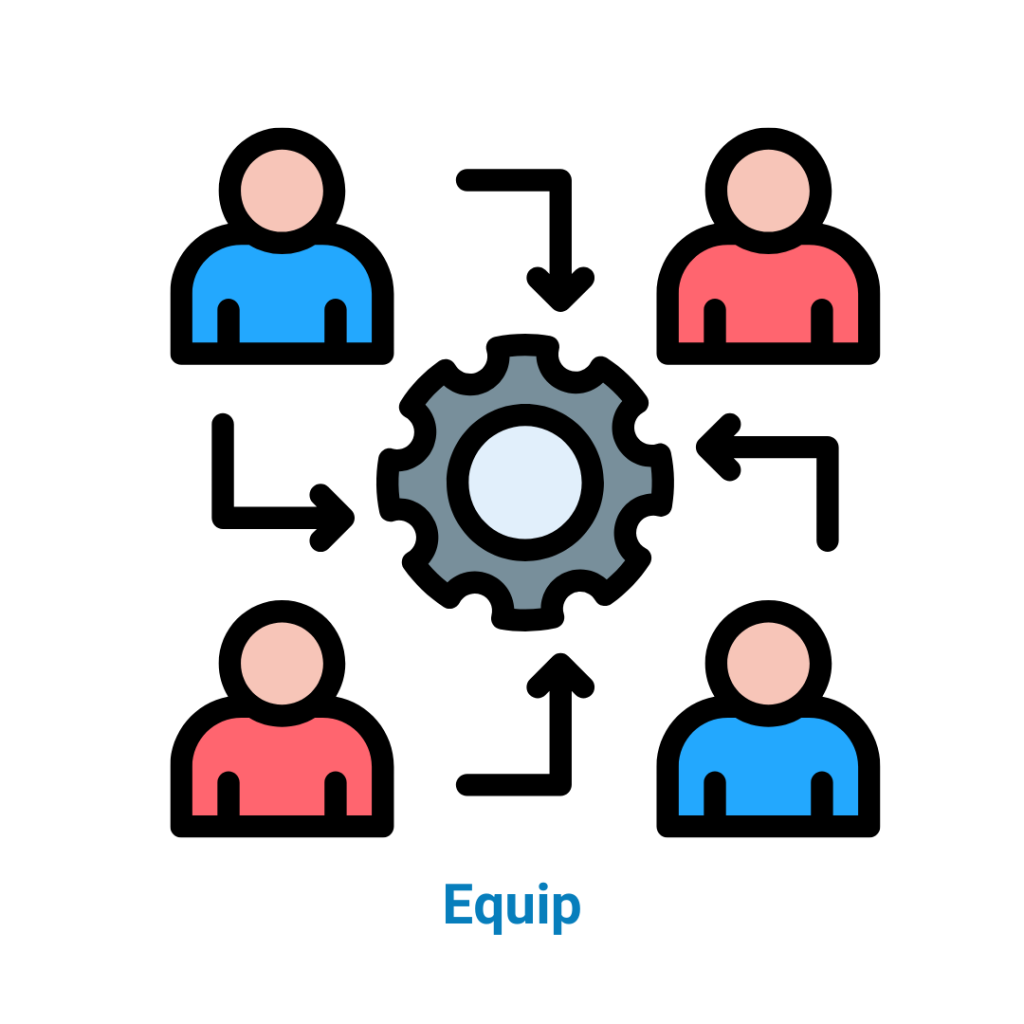

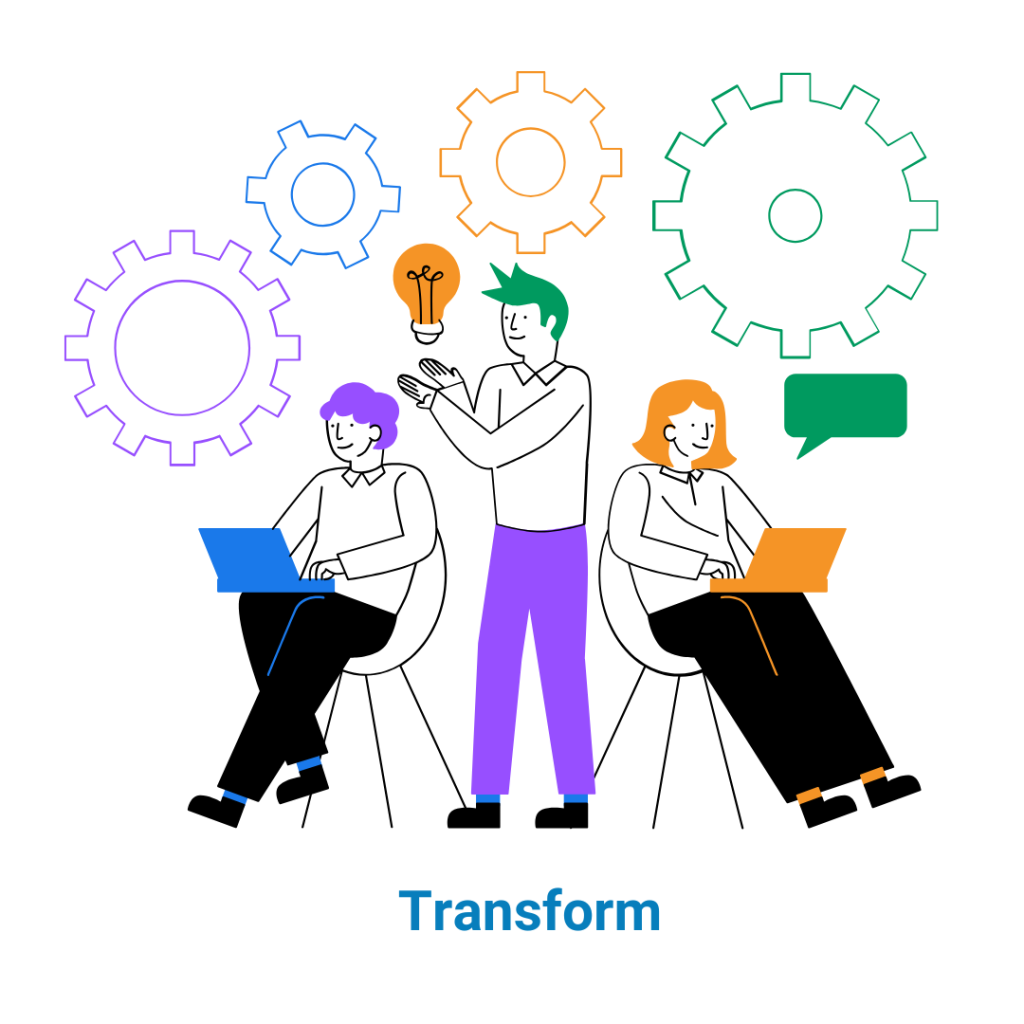
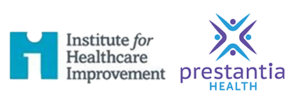
ISIA for Primary Care is an 8-month virtual program designed to equip PHN staff with the knowledge and skills to facilitate primary care transformation. Led by IHI, ISIA for Primary Care focuses on building the capability to apply evidence-based quality improvement methods. The curriculum covers topics such as systems thinking, establishing teams, setting aims, generating and testing ideas for change, and measurement for improvement. The program is comprised of our virtual workshops, combining brief lectures with interactive group exercises, and regular action period calls are held throughout to support shared learning amongst fellow participants.
With 62 participants (2 per PHN), ISIA for Primary Care utilises project-based learning to support skill development. The program will be recorded and made available to its participants on the LMS to support ongoing training and to ensure the program’s legacy. Participants will be provided with certification of completion at the program’s conclusion. This in-depth program enables PHN staff to partner with primary care teams to improve operational effectiveness and enhance patient outcomes.
ISIA for Primary Care course content includes:
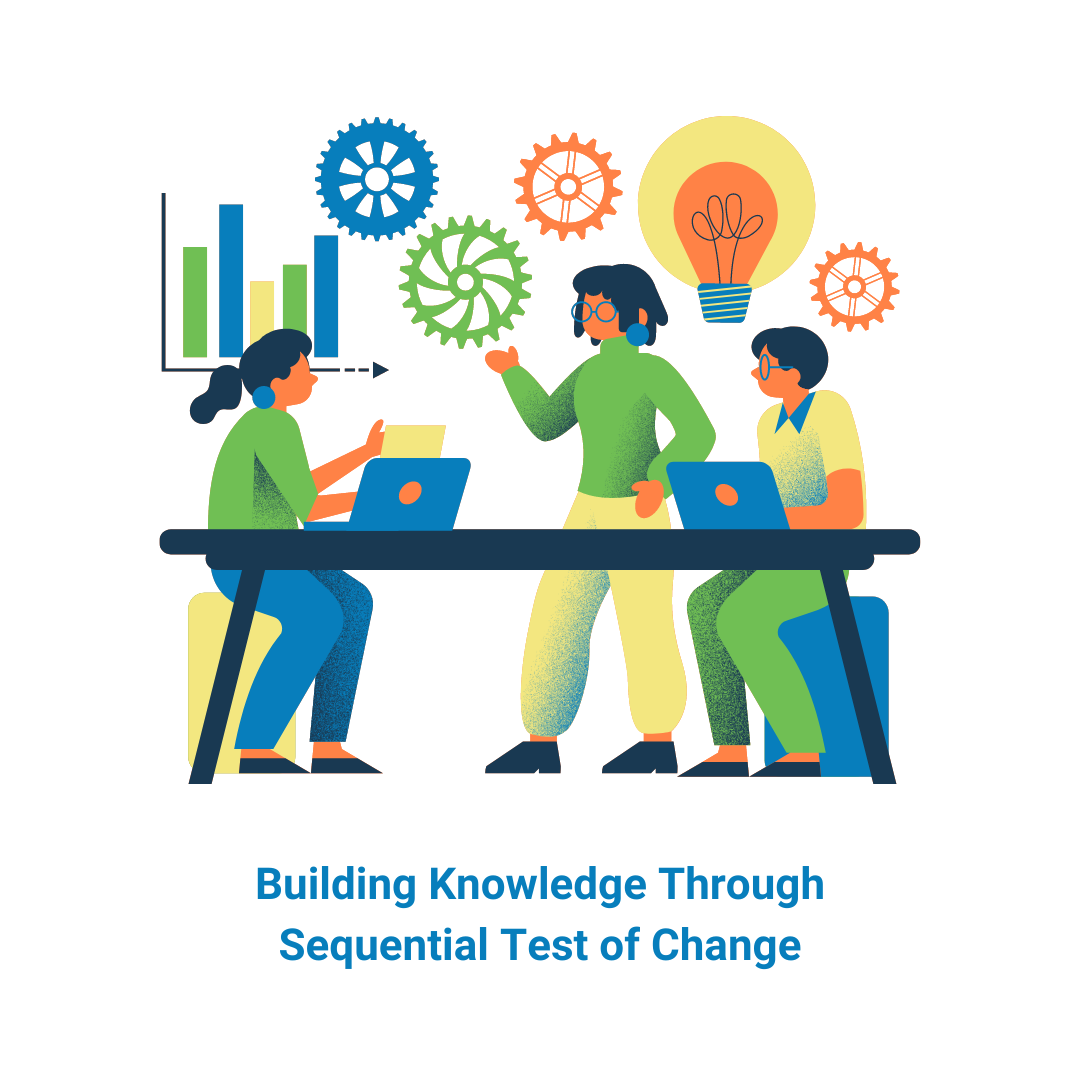

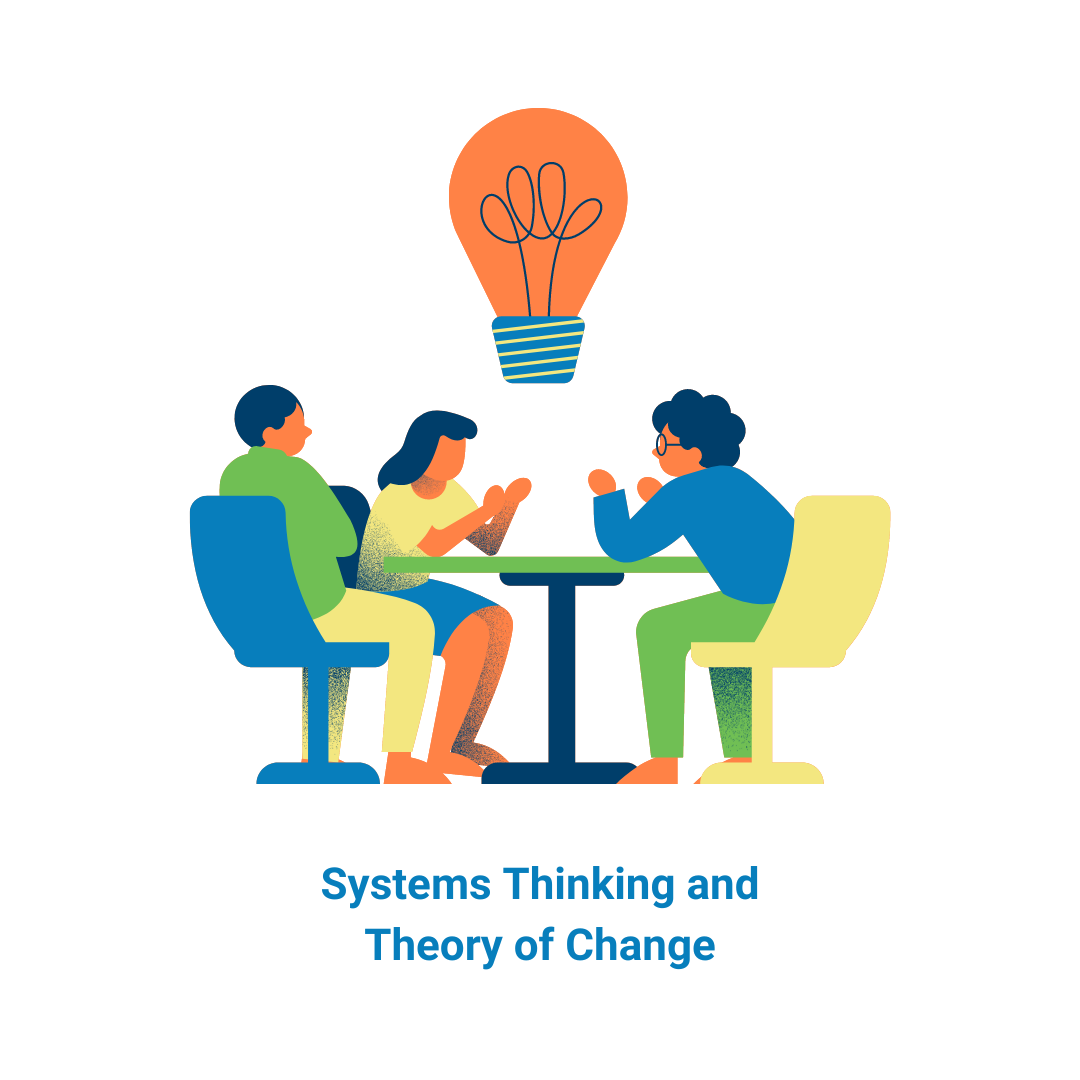
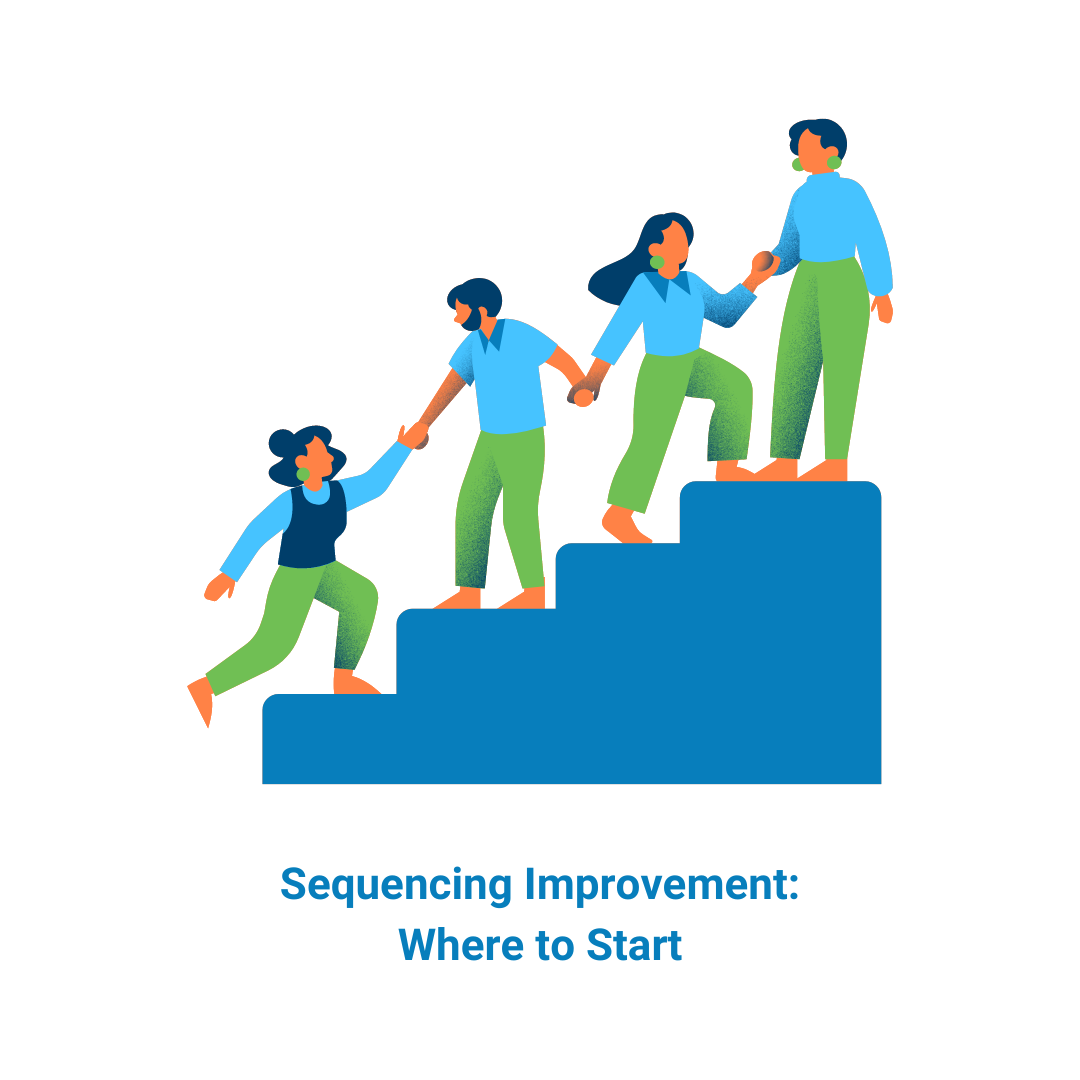
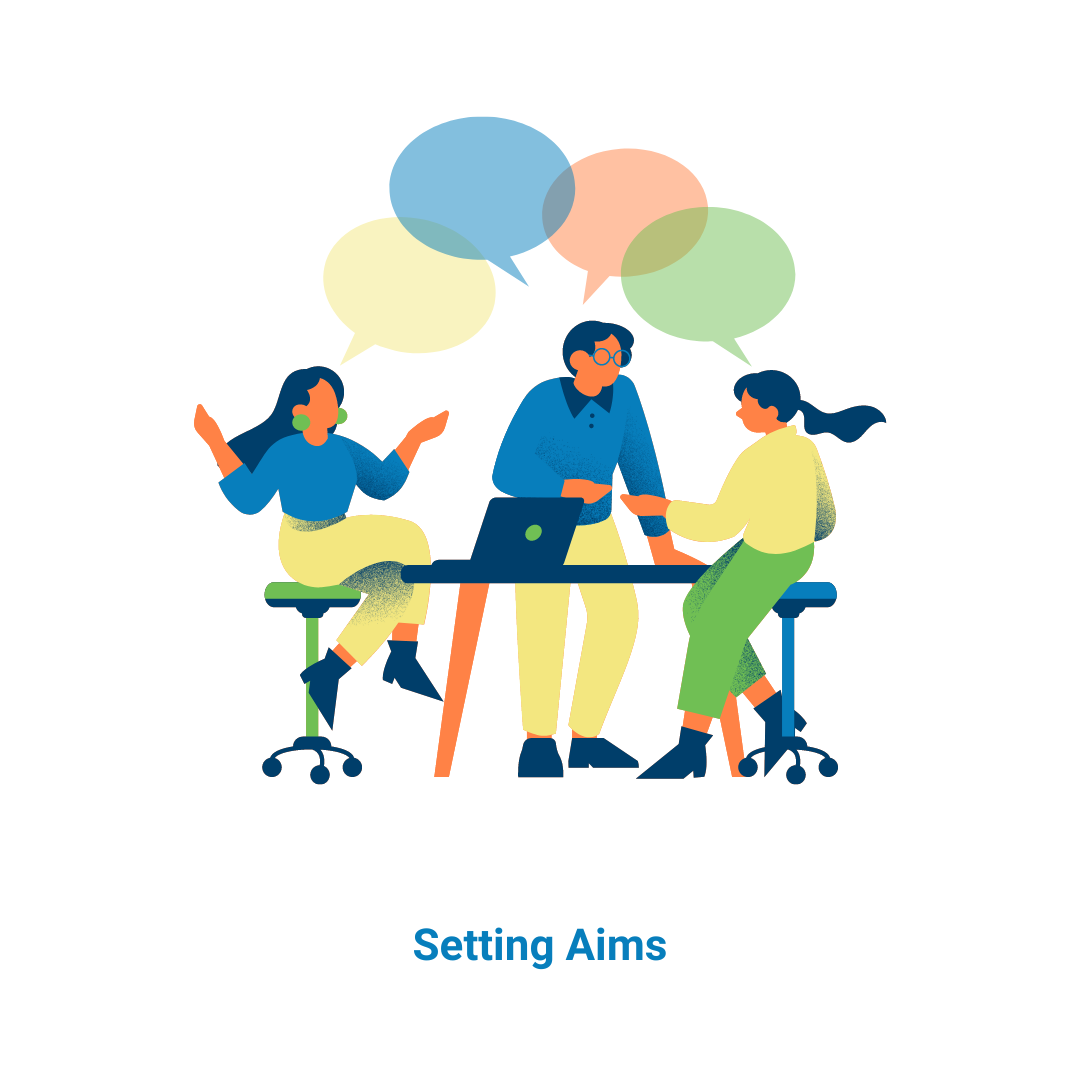
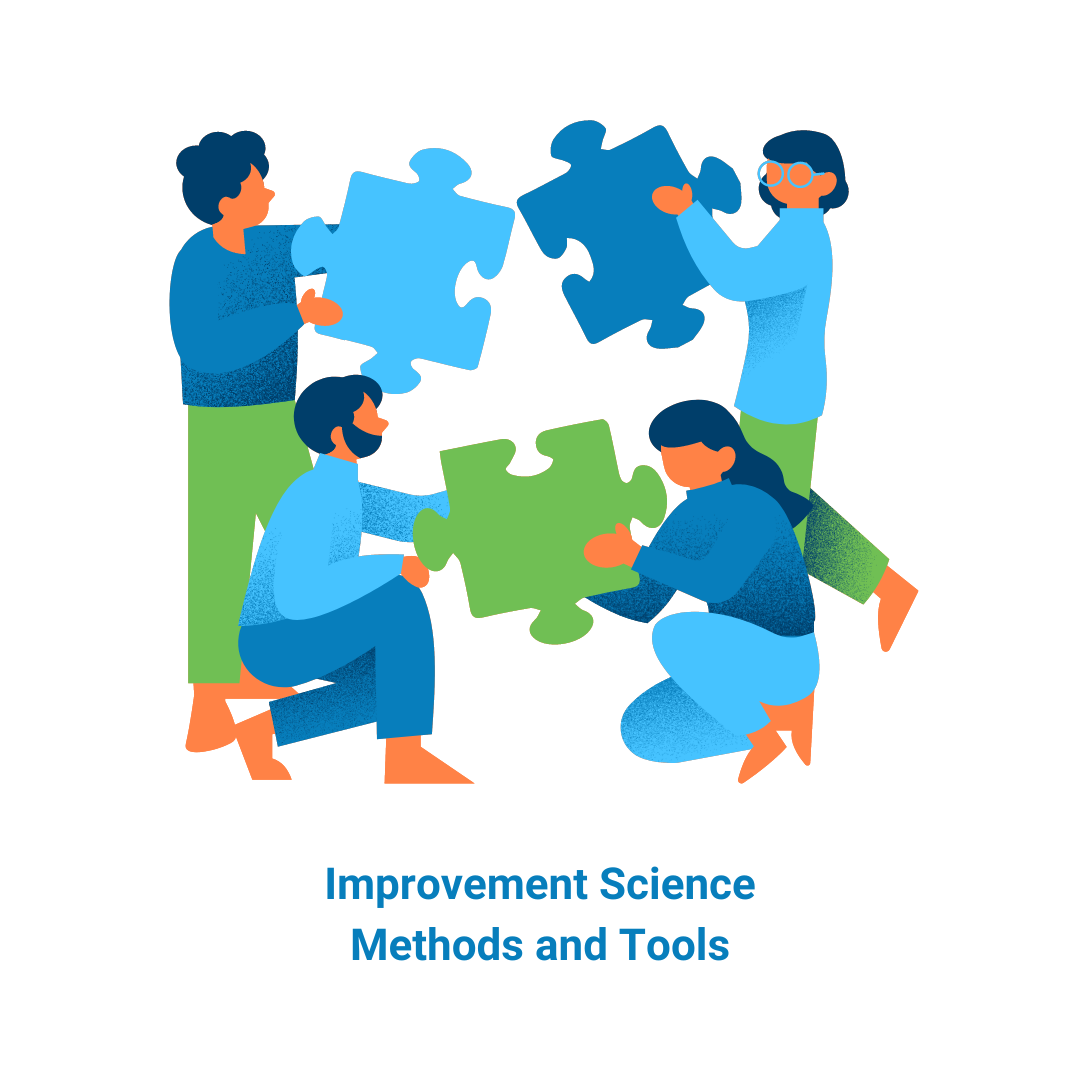


Introducing NINCo’s Learning Management System (LMS), an innovative platform designed to consolidate QI learning materials, offer standardized training, and advance skill development for healthcare professionals and staff. The LMS aims to empower users with a simplified, standardized approach to QI while promoting continuous learning and collaboration.
Join us on this transformative journey towards healthcare excellence with NINCo’s Learning hub for Healthcare Excellence:
Download the NINCo LMS FAQ Sheet here
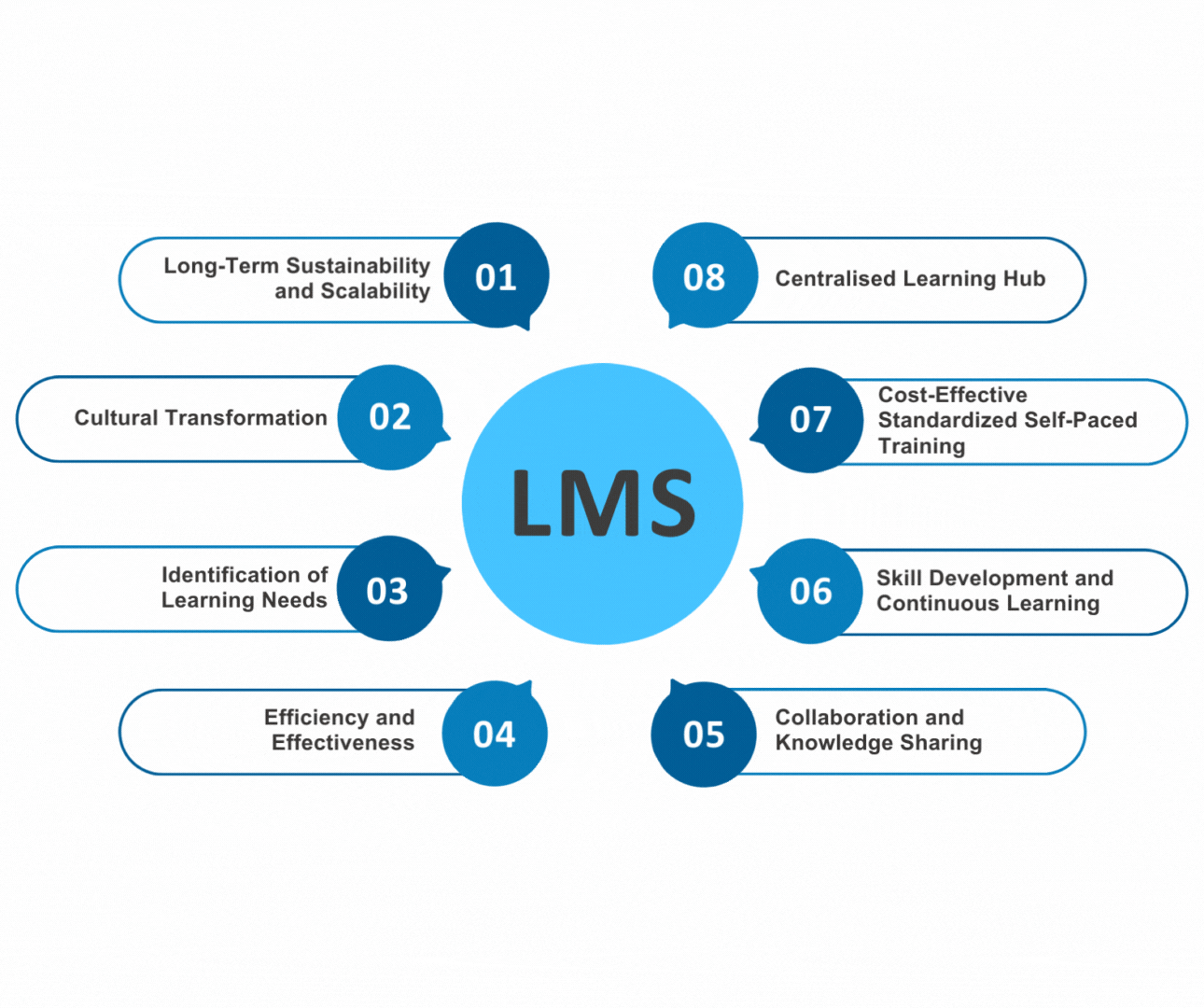
Join our vibrant community where passion meets purpose. As a member, you gain exclusive access to a treasure trove of resources, insights, and opportunities to make improvements within the community.
